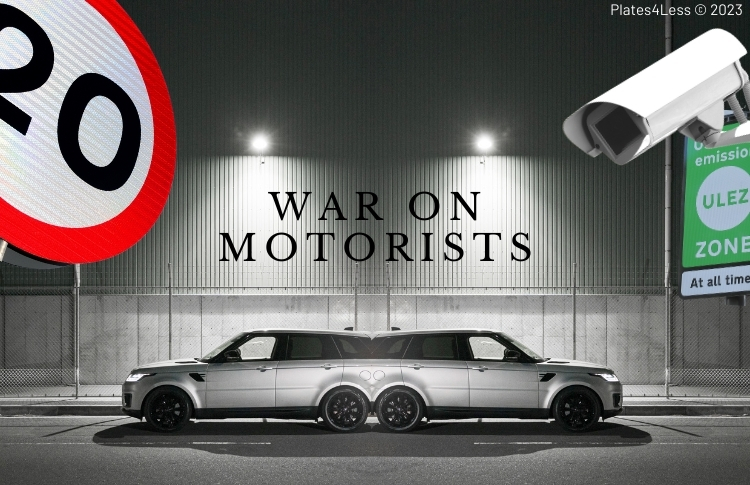The cost of COVID living keeping your present vehicle during a recession

During a recession – and COVID-19 has certainly helped put us in one of those – what tends to happen in the motor industry is people hold back from purchasing a vehicle outright in favour of stretching payments over a fixed term or renting instead.
Spreading the cost with purchase and hire plans
Personal Contract Purchase (or PCP) proves to be popular at times like these because it allows you to spread the cost of ownership with an option to trade the vehicle in when the payments are made, but how cost-effective is this long-term?
With PCP you still need to pay a deposit, but after that the rest of the cost is spread over an agreed term with monthly payments that are determined by the deposit amount, expected mileage, and the length of the contract. You can make a larger payment during the contract to own the car outright, or you can trade the car for a different one, making it a popular route for those wishing to drive the newest vehicle each year. Of course, new cars depreciate pretty much from the get-go, and this is not reflected in your payments – you’ll still be paying as if it’s the new car you picked up at the beginning of the contract.
As a PCP user, you’re also far more likely to use the service again when it comes to upgrading your vehicle, which will likely see you making larger payments and/or extending the period of these payments. Short-term, it’s still cheaper than buying a car outright, of course, but long-term you are, in effect, perpetually hiring your private vehicle.
Where PCP has proven to be particularly problematic is in regard to the incentives offered with such an arrangement. Some retailers, it seems, are using the opportunity to sell according to their own commissions rather than in the customer’s best interest.
Another potential problem with an increased use of PCP is that it’s becoming easier to borrow money. Lenders have targets to meet and to help them do so, credit acceptance has become easier to achieve. For those with low credit ratings or income, that’s not the great news it might appear to be as debt piles upon debt. It also has a pretty big impact on the country’s economy as a whole.
Then there’s Personal Contract Hire (PCH), long-term leasing that allows you to drive the newest models without forking out a fortune. While leasing a vehicle through PCH does allow drivers access to vehicles they may not normally be able to afford, and though the payments can be lower than with a PCP agreement, the most obvious downside is that there is no option to buy at the end of the term. After all those payments you’ll have nothing to show for your money because all you’ve done is hire the vehicle.
What’s more, if you no longer want to use PCH, there are often fees to pay for exiting the agreement before the contract has run its course. And if you miss payments, then guess what asset gets reclaimed by the company lending the money? That’s right, it’s the vehicle. So you’re back to square one again, having nothing to show for your money.
Is it all doom and gloom?
Not necessarily. On the upside, the growing use of PCP has meant the second-hand market has seen an influx of stock thanks to ‘end-of-contract’ cars, many of which are sold at a reduced price. We may well see an increase in the price of new cars due to a lack of supply (thanks to factories closing or reducing their productivity as a result of COVID-19), these surplus second-hand vehicles can provide a very affordable alternative to buying new.
Considering how vehicles are being manufactured to much higher standards these days, replacing them yearly becomes more of a ‘cosmetic’ consideration rather than mechanical necessity anyway, but if you want to maintain the idea of having the newest vehicle by disguising its age – especially if you intend to keep the vehicle for a number of years – then ‘Cover’ number plates make an excellent solution.
A ‘Cover’ plate is a private plate without the higher cost sometimes associated with the more personal plates, such as those that spell a name or occupation. And because so many of them lack ‘age identifiers’ it means many are suitable for any age of vehicle. Even those with age identifiers can hide the vehicle’s age if the date on the plate is so old that it clearly doesn’t apply to the make and model you’ve put it on!
People upgrade their vehicle for a variety of reasons, be it to project an image, or maintain customer and client confidence, but when a recession can make the cost of upgrading your vehicle impractical, then cheap private number plates are a great way to go, rather than face the pitfalls of prolonged payments, over a long period of uncertain financial time.
As an alternative to buying a new vehicle, cover plates are also a good purchase for those aiming to be more environmentally conscious. Similarly, if you’ve changed over to a low emissions or electric vehicle then it’s likely you’ve already bought new, or close to it, but there will be little need to upgrade it each year.
In short, when it comes to upgrading your vehicle, you don’t necessarily need to replace the whole thing. You can avoid spending thousands and thousands of pounds, and the commitment of ongoing payments, by simply getting yourself a private number plate.
So, Why not spend less, and get more out of your present vehicles with a set of bargain number plates!
Latest articles

Do you need to display front number plates in the UK?
View article
Valentine's Guide: Find the Perfect Partner Plate?
View article
Is There A War Against Motorists In 2024?
View article